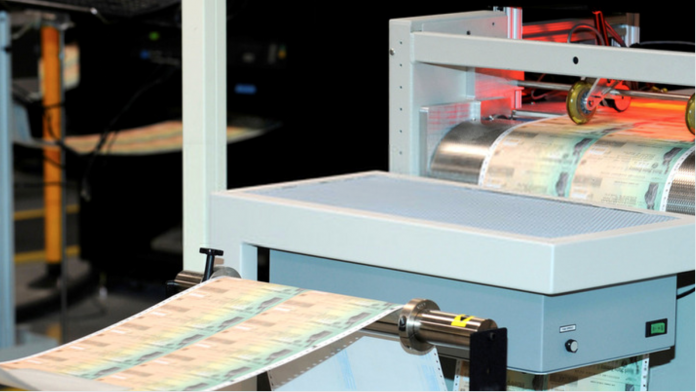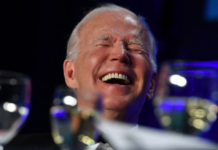Congress is looking at passing a second COVID-19 stimulus relief package this summer, which could be passed as early as the end of July. The financial support will likely have more challenges and won’t be passed out to as many Americans as the first check.
The Trump Administration is working with the Senate to pass the second stimulus relief package, according to The Wall Street Journal, and when the Senate returns from its two-week Fourth of July recess on July 20, they will then begin preparing for the next stimulus bill.
Treasury Secretary Steven Mnuchin said the second round of payments to households and an extension of enhanced unemployment benefits for furloughed workers will be much more targeted versions of the Paycheck Protective Program for small businesses and American families. He says traditional economic models don’t work in a pandemic shutdown scenario and they are looking at ways to discuss the level and criteria of the payments with the Senate soon.
“As soon as the Senate gets back, we’re going to sit down on a bipartisan basis with the Republicans and the Democrats, and it will be our priority to make sure between the 20th and the end of the month that we pass the next legislation,” Mnuchin said.
Senate Majority Leader Mitch McConnell is also supporting a second round of payments, but wants to put a limit on who receives a second stimulus check. “I think the people who have been hit the hardest are people who make about $40,000 a year or less. Many of them work in the hospitality industry. The hospitality industry, as all of you know, just got [decimated]- hotels, restaurants, and so that could well be a part of it,” McConnell said.
The tone has been set differently for what Republicans are willing to provide with the next stimulus package. Some have stated that the stimulus payments don’t directly stimulate the economy and were sent to individuals not financially impacted by the coronavirus. The GOP is focused on getting Americans back to work instead of providing a more direct aid.
Advocacy groups for justice system reform have also composed a letter arguing for “regular, lasting direct stimulus payments” to American families. They argue that direct payments are an essential tool to help boost economic security, drive spending and economic recovery and shorten the recession. More than 150 economists endorsed the letter.
President Donald Trump has also openly endorsed a second stimulus check to individuals. “I support it but it has to be done properly. I supper actually larger numbers than the Democrats, but it’s got to be done properly. We had something where it gave you a disincentive to work last time. I want the money getting to people to be larger so they can spend it. I want the money to get there quickly and in a non-complicated fashion,” President Trump said.
The IRS could start distributing payments as soon as late August or early September. The CARES Act had a cost of $2 trillion, and stimulus checks accounted for approximately $300 billion of the package.
When Congress returns, they will also be deciding on whether or not the additional $600 per week in federal unemployment benefits that were added during the pandemic. The extra $600 disincentives people from getting a new job because they could receive less money. The extra unemployment money is set to expire on July 31.
There’s a need for a second stimulus package but also a need for people to want to get back to work. Being able to support the two will be the tricky part but if any business man can get it done, it’s President Trump.




